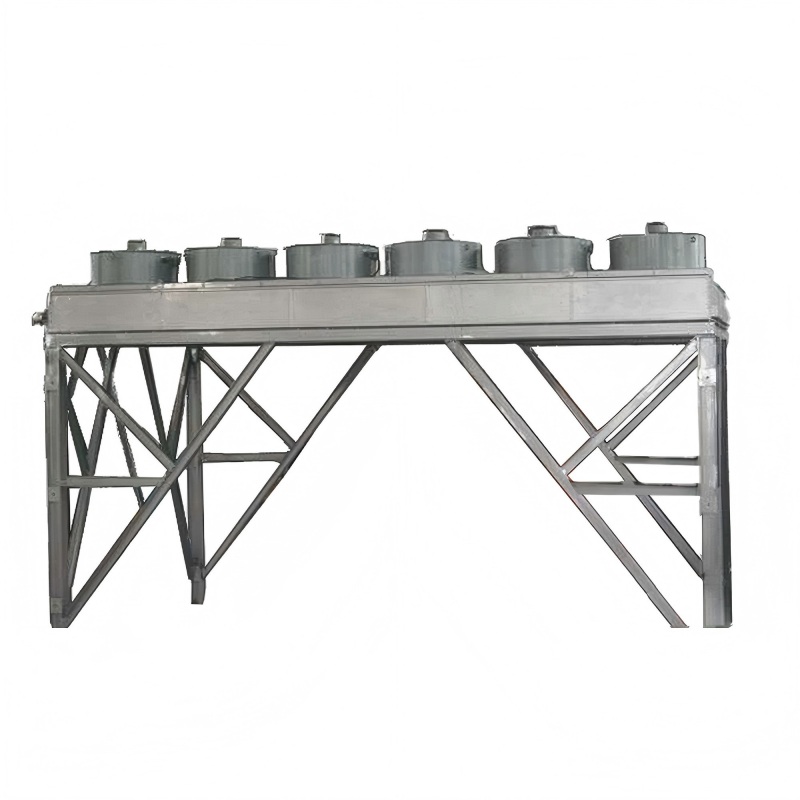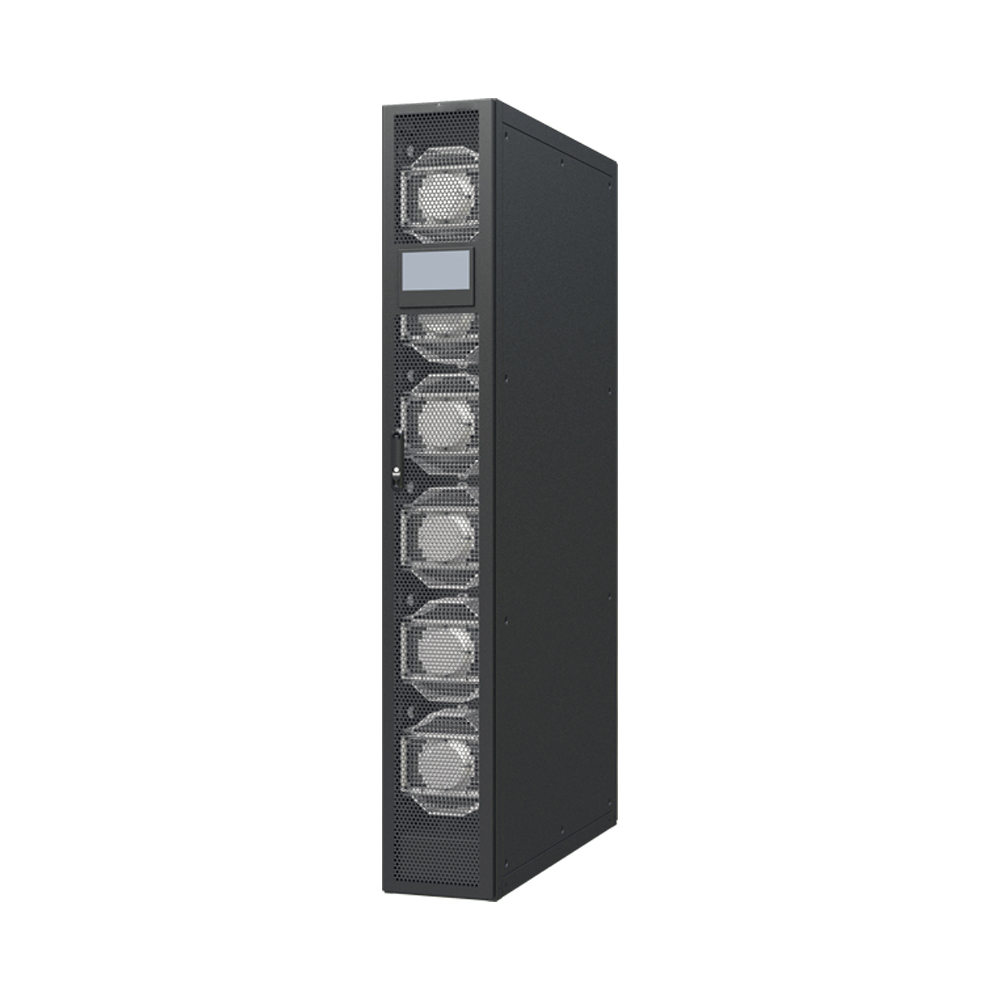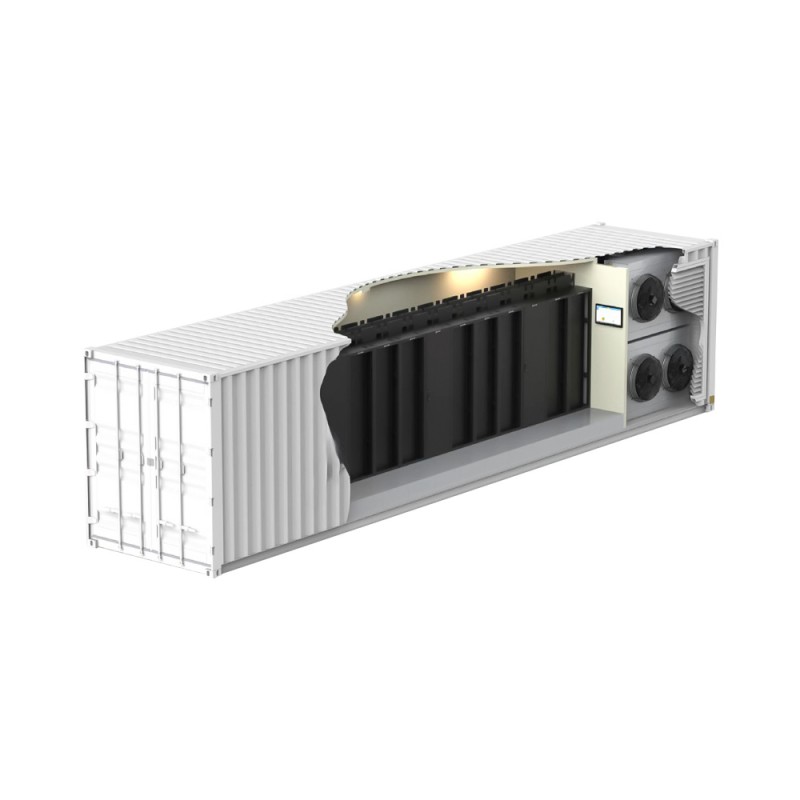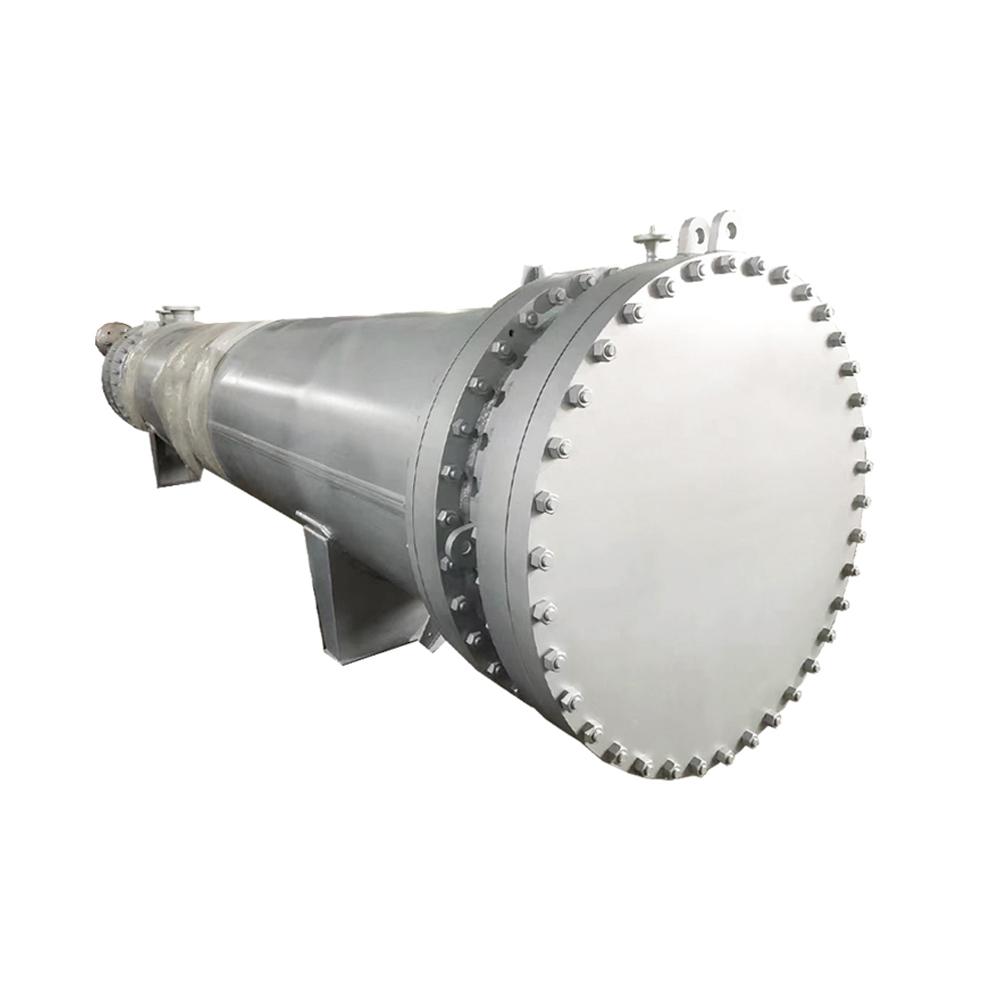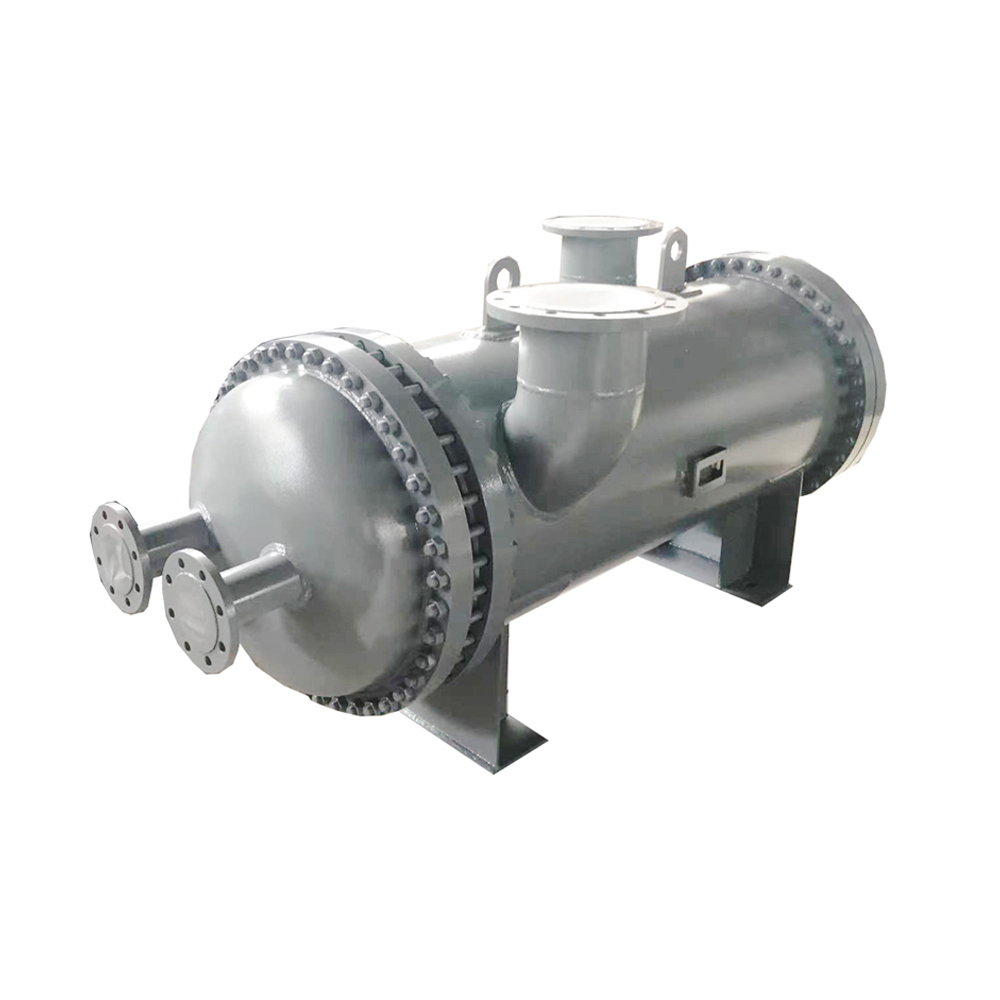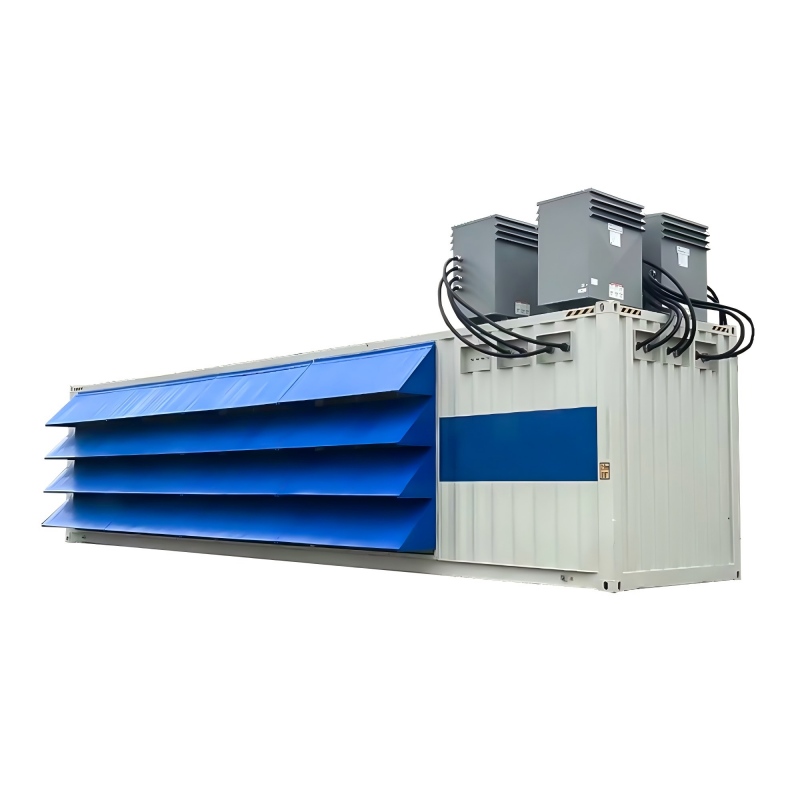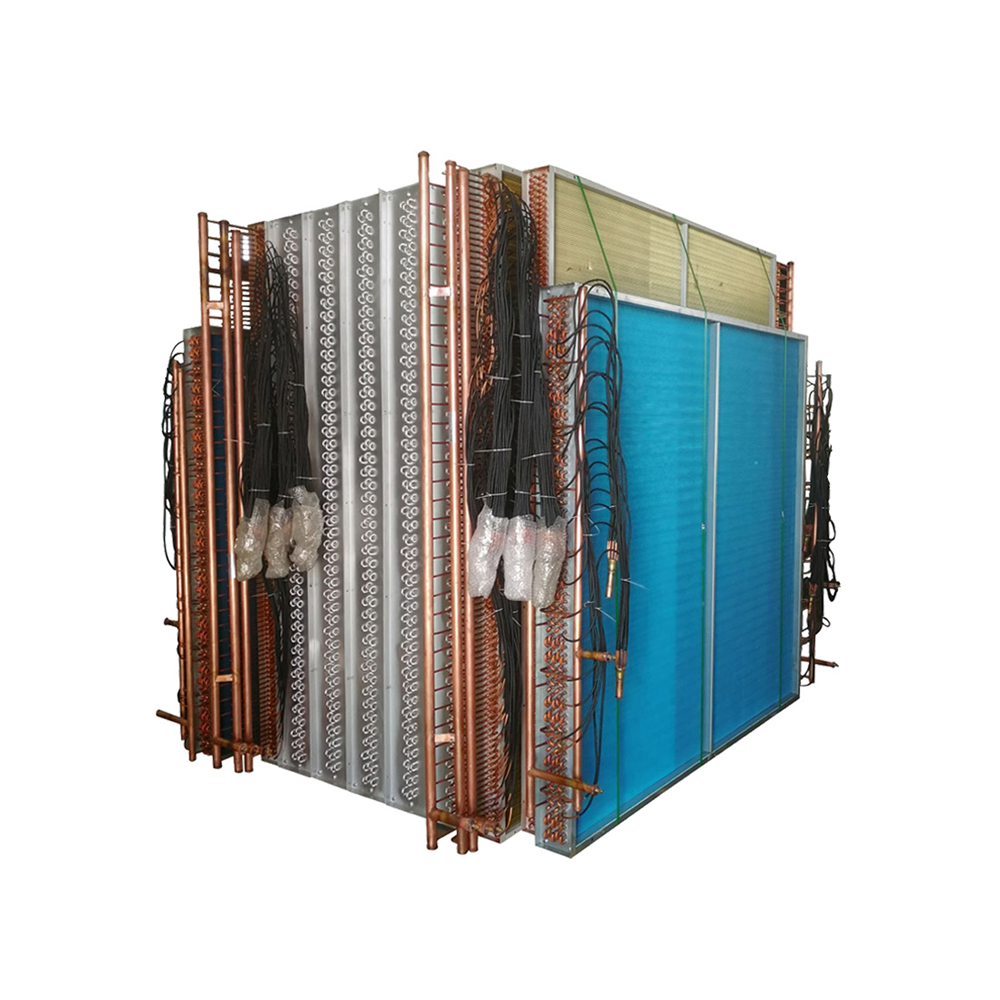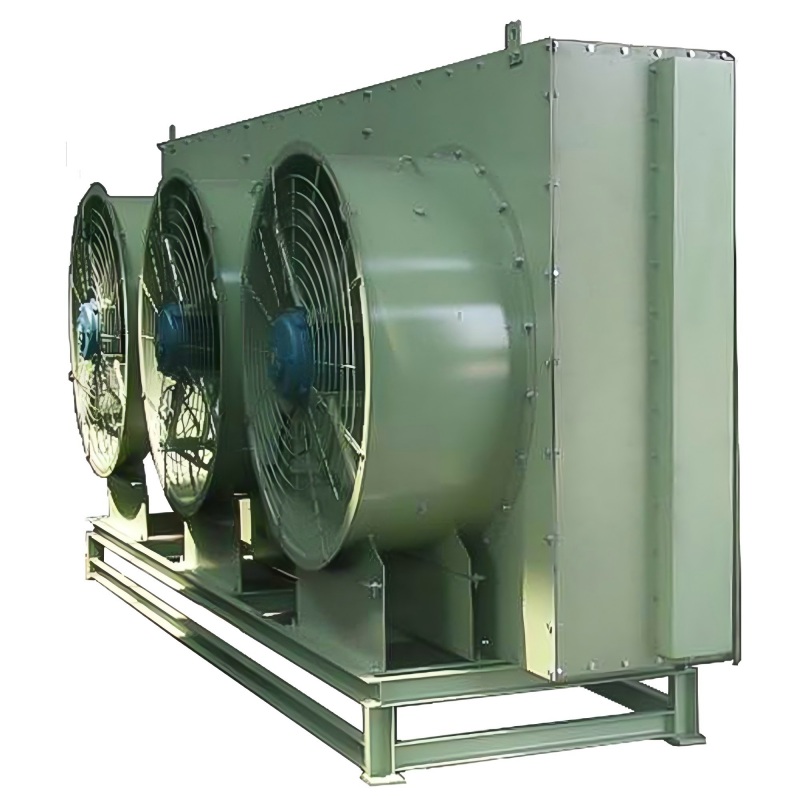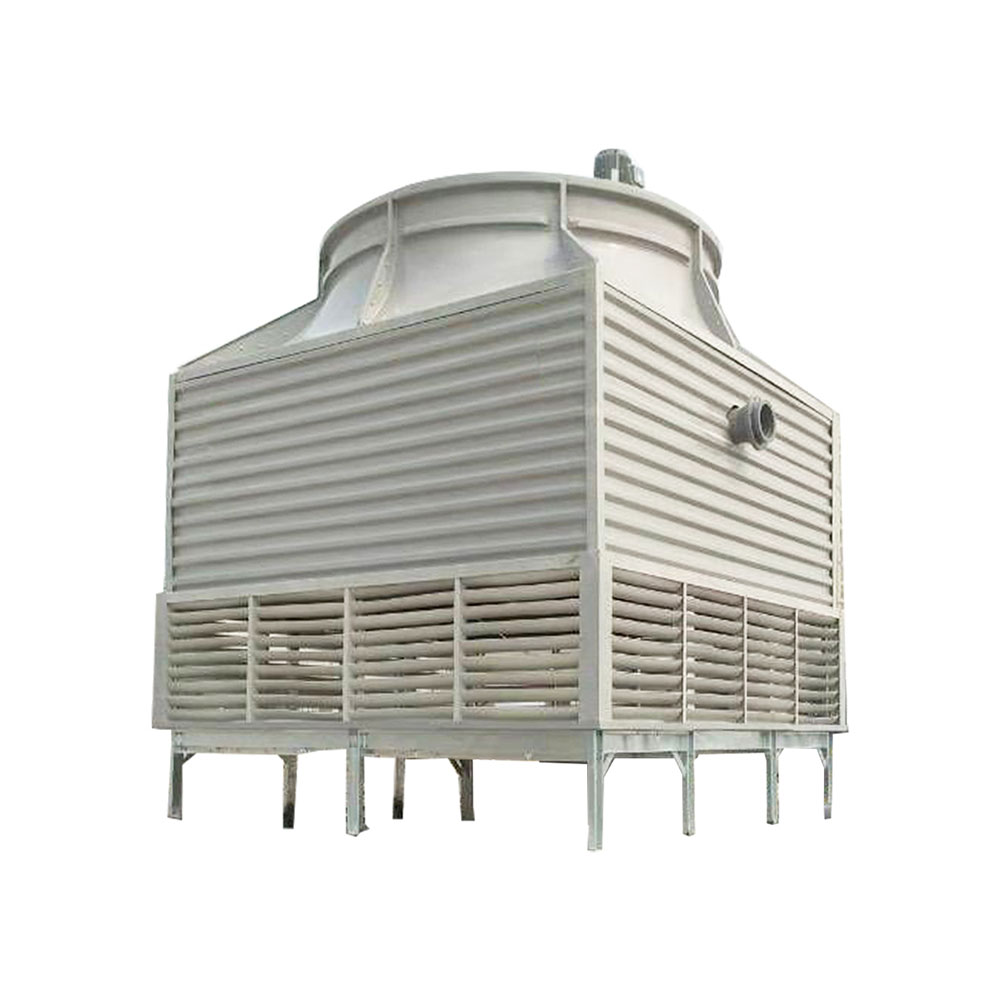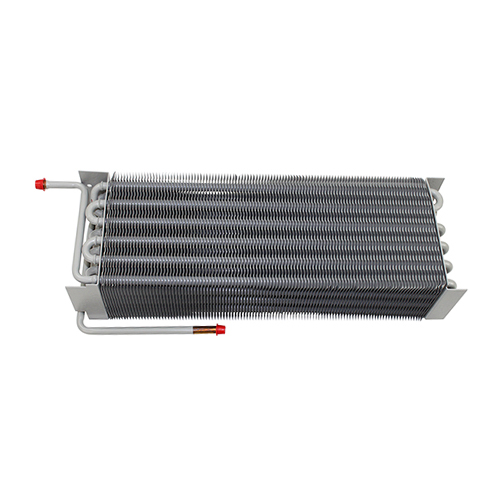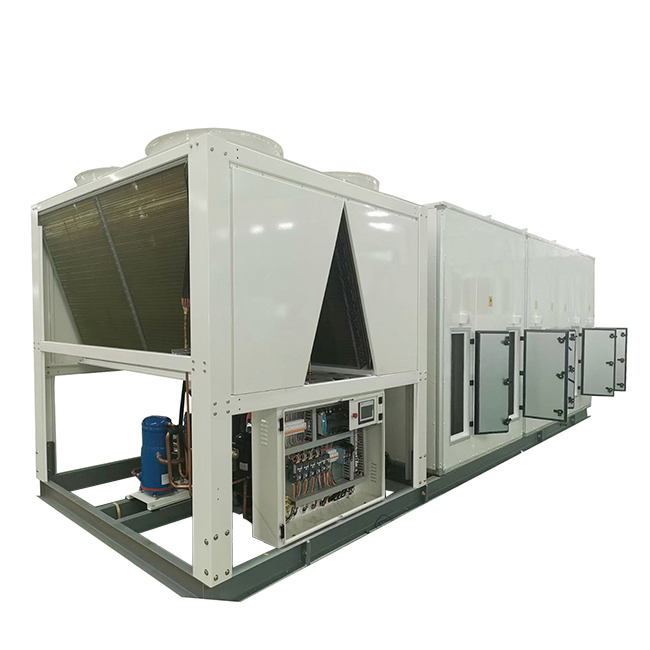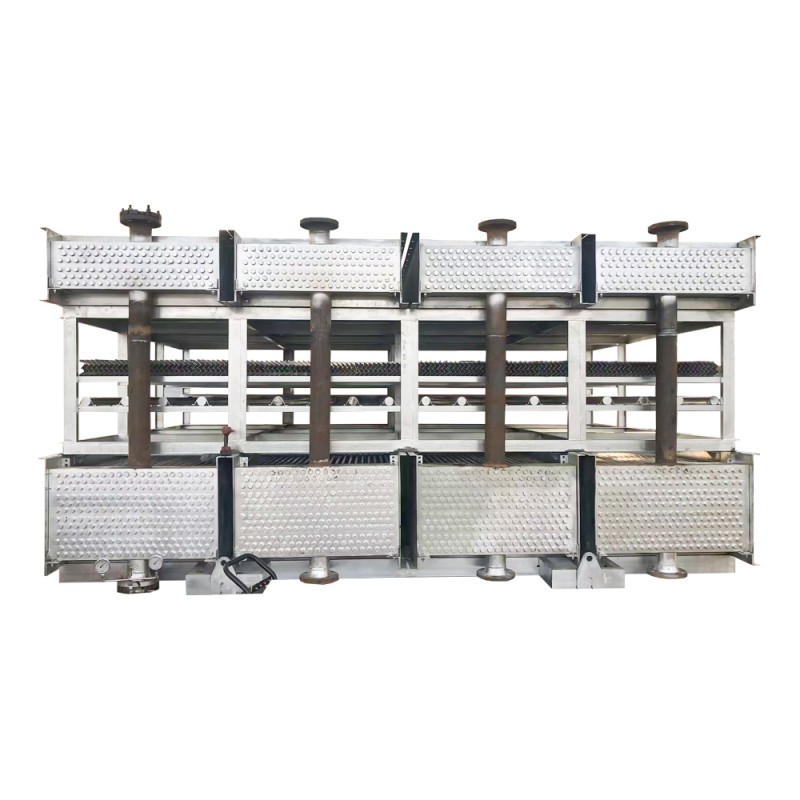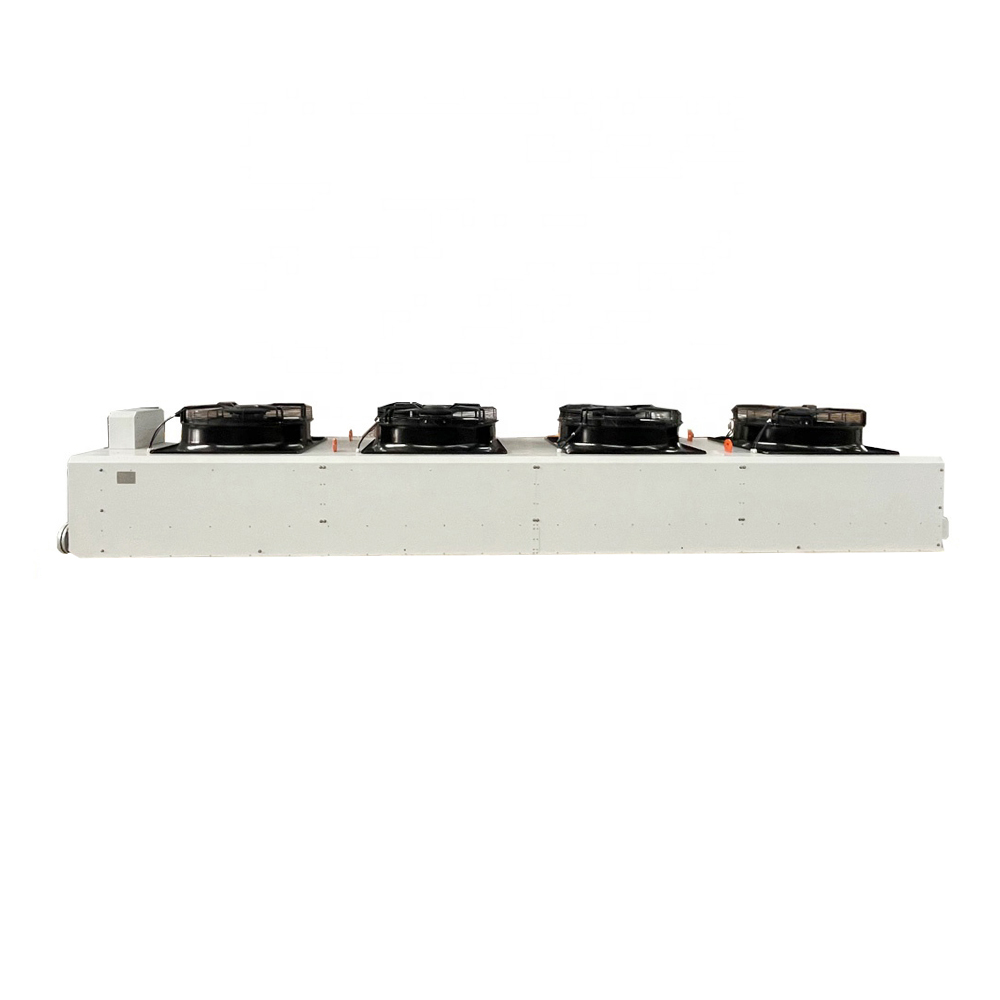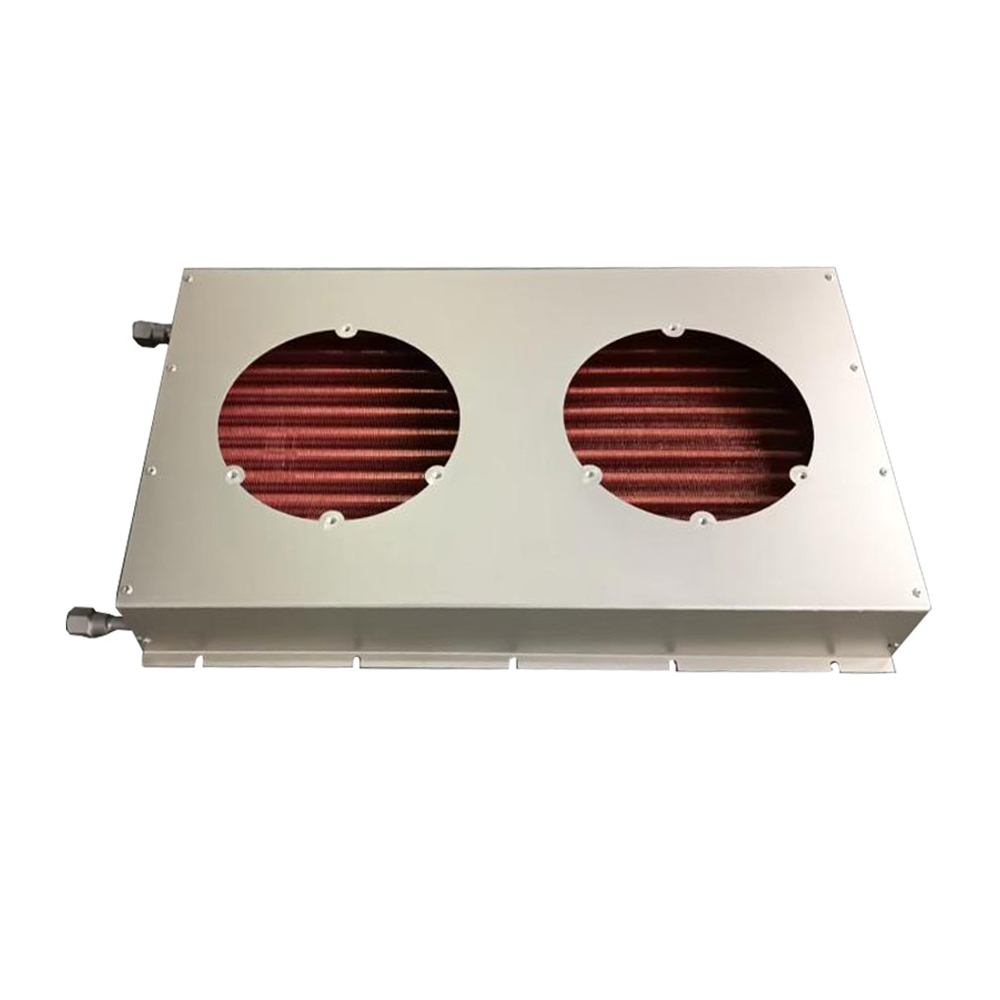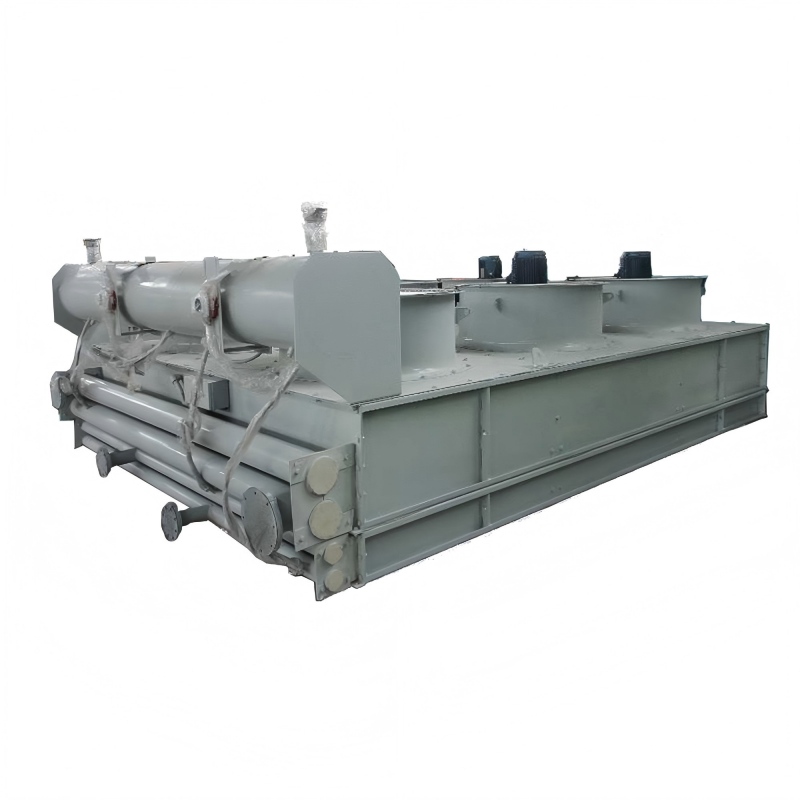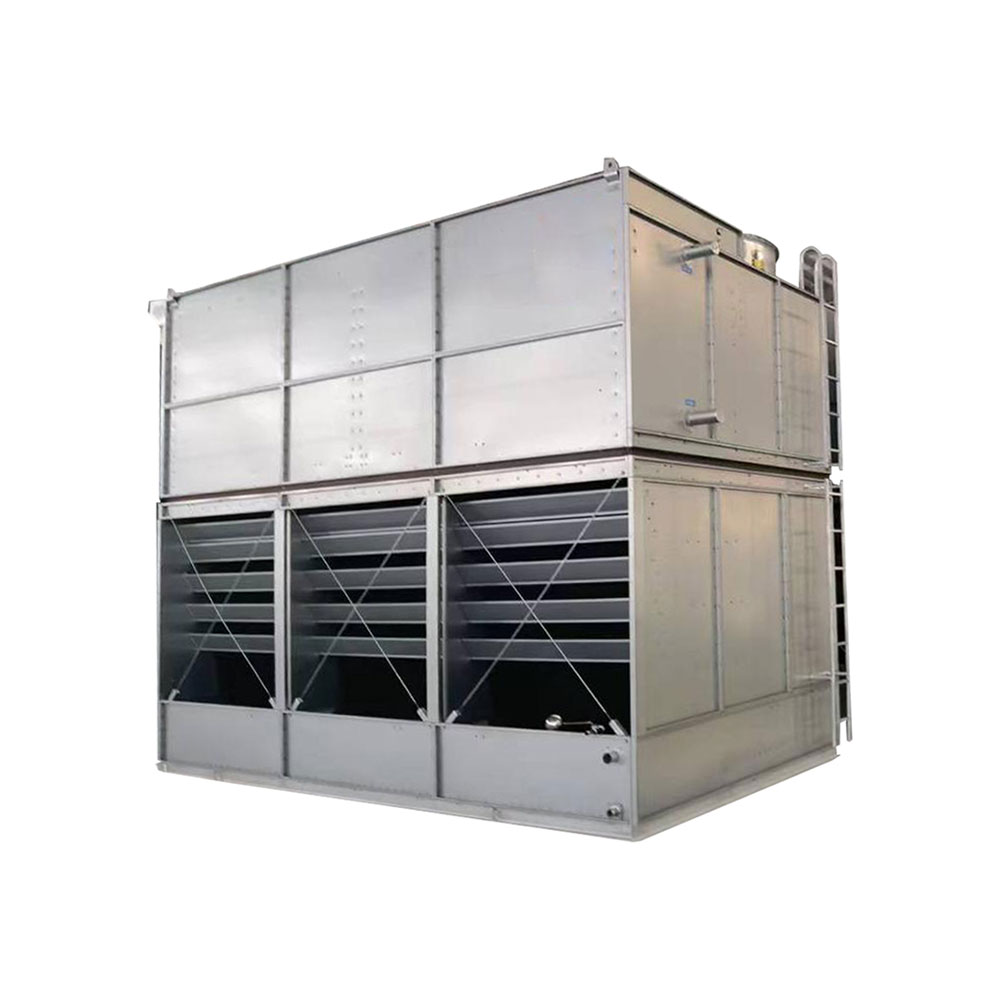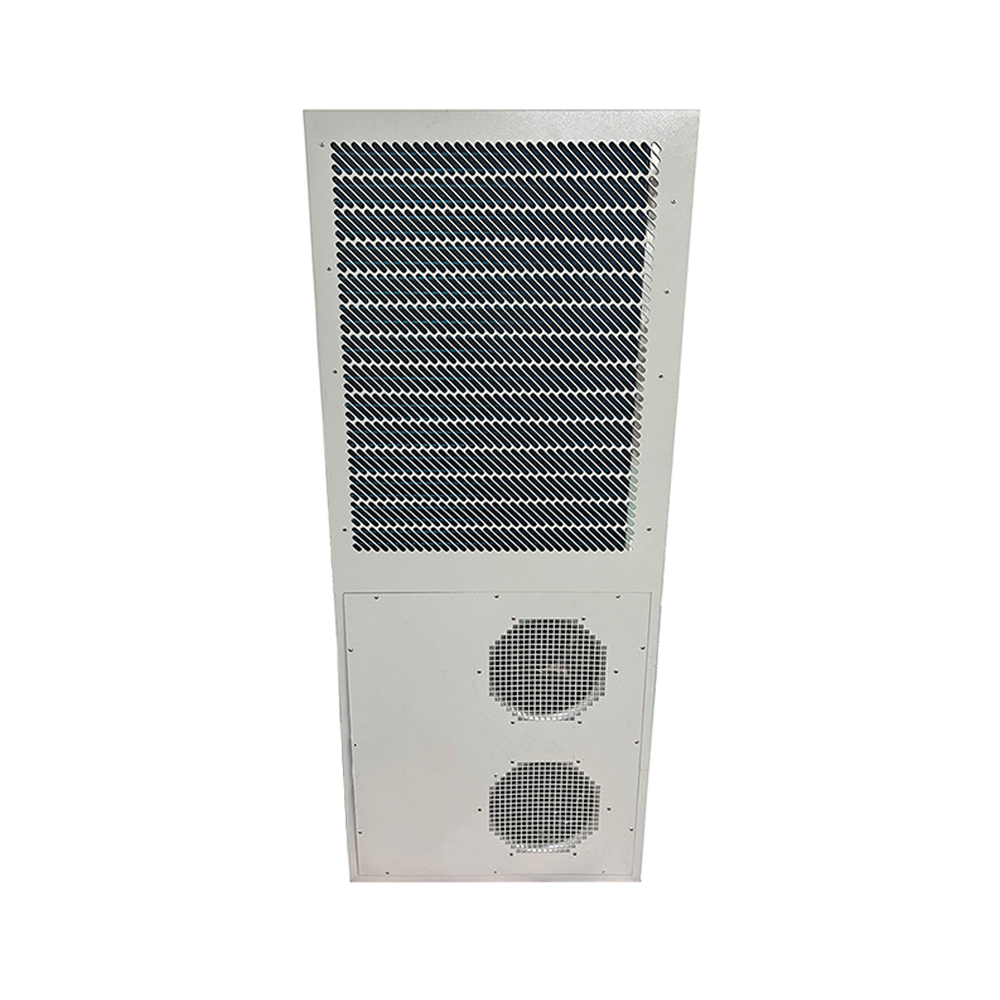Choosing the right dry cooler can significantly impact efficiency and performance. This guide provides an in-depth look at various types of dry coolers, helping you select the optimal solution for your specific needs. We'll cover key features, performance metrics, and factors to consider for both large-scale industrial applications and smaller commercial projects. Learn about the latest advancements and find the best dry cooler for your cooling needs.
Understanding Dry Cooler Technology
What are Dry Coolers?
Dry coolers, also known as air-cooled heat exchangers, are crucial components in industrial and commercial cooling systems. Unlike wet coolers (cooling towers), they dissipate heat through the evaporation of water. Instead, dry coolers use air as the primary cooling medium, making them a more efficient and environmentally friendly option for many applications. They're particularly useful where water conservation is a priority or where water quality could be affected by using a wet cooling system.
Types of Dry Coolers
Several types of dry coolers exist, each designed for different applications and capacities. Common types include:
- Plate and fin dry coolers: These are compact and efficient, ideal for smaller applications.
- Tube and fin dry coolers: These offer a higher heat transfer capacity and are suitable for larger industrial systems.
- Air-cooled condensers: Specifically designed for refrigeration systems, these dry coolers efficiently dissipate heat from refrigerants.
Factors to Consider When Choosing a Dry Cooler
Cooling Capacity
The cooling capacity of a dry cooler is measured in kW or BTU/hr. This should be carefully matched to the heat load of the system it will be cooling. Underestimating the required capacity can lead to inefficient operation, while overestimating can result in unnecessary expense.
Airflow and Fan Selection
Efficient airflow is critical for optimal heat dissipation. The type and size of the fan are key factors influencing this. Axial fans are common, but centrifugal fans offer higher pressure capabilities for challenging installations.
Material Selection
Materials used in dry coolers impact durability, corrosion resistance, and overall lifespan. Common materials include aluminum, copper, and stainless steel. The choice depends on the application environment and specific requirements. For harsh environments, corrosion-resistant materials like stainless steel are often preferred.
Maintenance and Serviceability
Regular maintenance is essential to ensure optimal performance and longevity of your dry cooler. Consider factors like ease of access for cleaning and component replacement when selecting a model. Some dry coolers are designed with features specifically enhancing serviceability and maintenance.
Comparing Top Dry Cooler Brands
Selecting the best dry cooler often involves comparing offerings from different manufacturers. While specific recommendations depend on individual needs, researching brands known for reliability, innovation, and customer support is crucial. Several reputable manufacturers offer a wide range of dry coolers to suit diverse applications and budgets. Always check manufacturer specifications and reviews before making a decision.
Finding the Right Dry Cooler for Your Needs
Choosing the perfect dry cooler requires careful consideration of various factors. By understanding the technology, considering key features, and comparing different brands, you can make an informed decision that ensures efficient and reliable cooling for years to come. For high-quality and reliable dry coolers, consider exploring the options available at Shanghai SHENGLIN M&E Technology Co.,Ltd. They offer a range of solutions tailored to various industrial and commercial needs.
Resources
For further information on dry cooler technology and best practices, consult industry publications and resources available online. Many manufacturers also provide detailed technical specifications and application guides on their websites.









